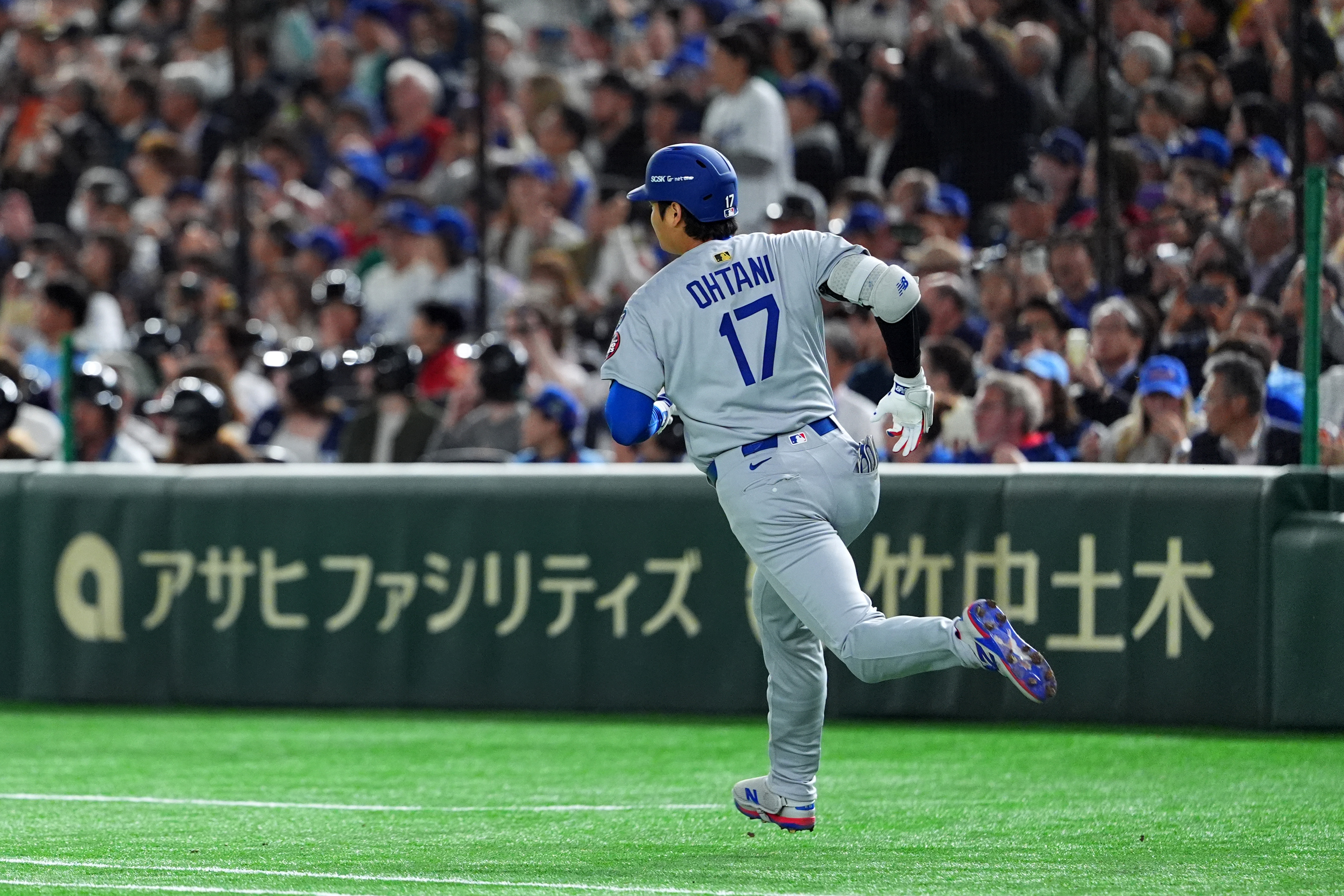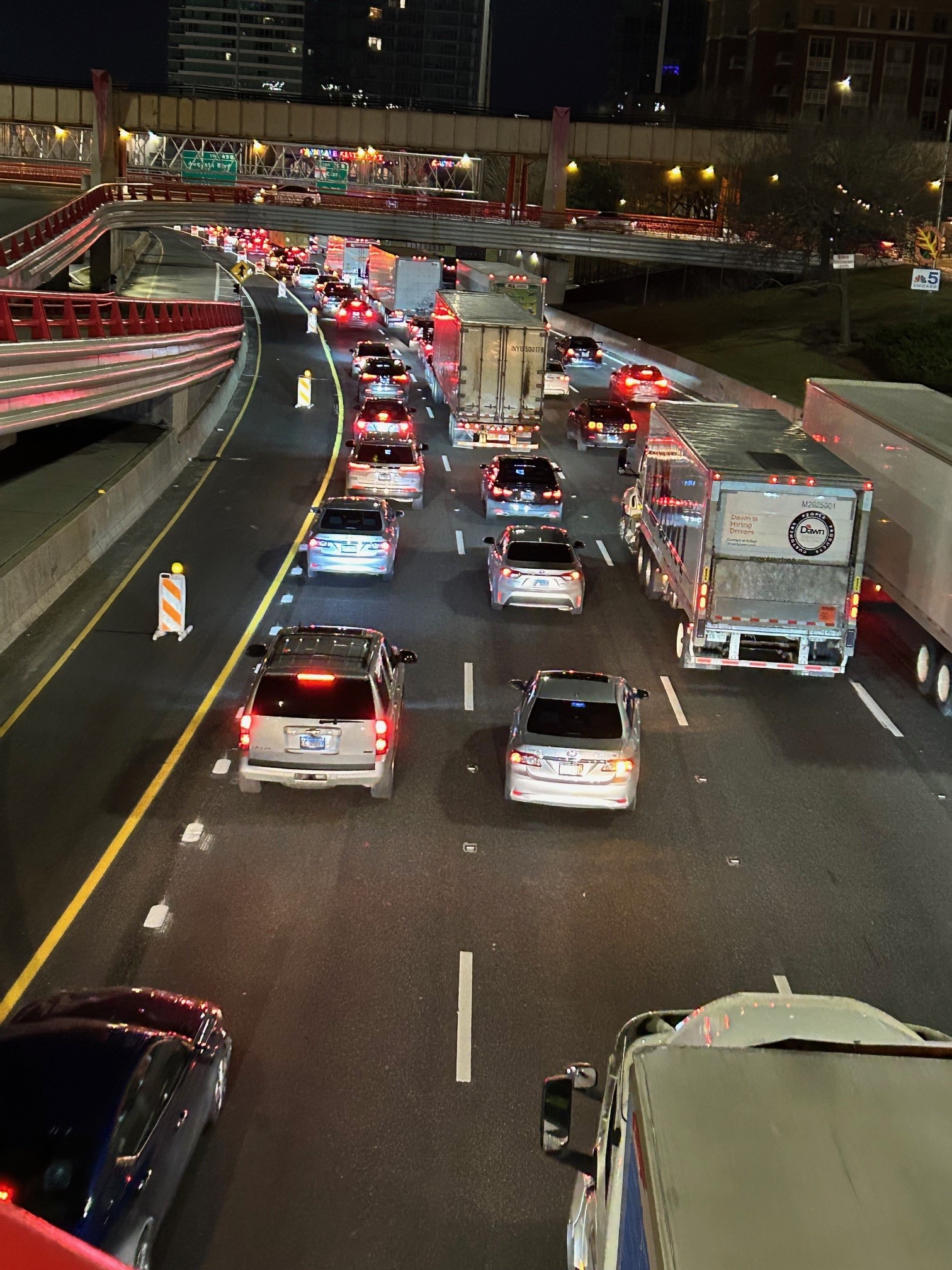CDPH Commissioner Dr. Allison Arwady reveals a new update to the city’s vaccine rollout, bridging the city’s first two phases into a modified new phase.
Chicago officials announced three mass vaccination sites are coming to City Colleges over the next week, with three already opened and running.
Mayor Lori Lightfoot said the new Points of Dispensing are only open for health care workers in the 1a phase of vaccinations at this time, though the city can move to a modified 1b phase next week.
“Community-based healthcare workers are the backbone of our healthcare system and it is critically important that they have access to the vaccine and step up to get it,” Lightfoot said. “What makes the POD sites so important is not simply size, but their locations, which give us the geographic breadth we need to reach all our residents in a safe and equitable way.”
Here's where the mass vaccinations sites opened or are opening in Chicago:
- Malcom X College, 1900 W Jackson
Tues. - Fri.: noon to 5:30 p.m.
Sat.: 9 a.m. to 3:30 p.m. - Arturo Velasquez Institute, 2800 S. Western Ave.
Tues. - Fri.: noon to 5:30 p.m. - Richard J. Daley College, 7500 South Pulaski Rd.
Tues. - Fri.: noon to 5:30 p.m. - Olive-Harvey College, 10001 South Woodlawn Ave.
Tues. - Fri.: noon to 5:30 p.m., Opens Friday - Kennedy-King College, 6301 South Halsted St.
Tues. - Fri.: noon to 5:30 p.m., Opens Jan. 18 - Harry S Truman College, 1145 West Wilson Ave.
Tues. - Fri.: noon to 5:30 p.m., Opens Jan. 19
Based on guidance from the Advisory Committee on Immunization Practices, Phase 1a of vaccinations includes health care workers and long term care facility residents. Chicago officials have also worked to include to staff and outpatient facilities, which equates to about 400,000 people in the city, a release said.
On an appointment-only basis, officials should be able to administer as many as 25,000 vaccine shots per week, the mayor noted.
Local
The city's PODS are not for those who work at facilities like hospitals that are administering vaccinations themselves, Chicago Department of Public Health Commissioner Dr. Allison Arwady said, but rather for "practices that are smaller or are not going to be traditional vaccinating partners moving forward."
Workers that meet that criteria - Arwady listed examples including a dental practice, an outpatient practice, a school nurse, a mortician's office or any other kind of health care worker in Chicago - will first need to make sure their practice is registered with the city.
The city's website has a survey for health care providers to detail the practice, staff and more information before city officials begin the process of either getting doses of the vaccine directly to the practice or by setting up appointments for employees at city sites or potentially locations run by pharmacy partners or hospitals.
Once the practice is registered, the city will give a code to the practice to enable eligible employees to make an appointment, giving basic information about their ethnicity, age and medical history in the process.
"There is no requirement for providing an identification, there is no requirement for insurance, there is no cost, no cost to anybody to get this vaccine in Chicago and there will not be a cost to anybody to get this vaccine in Chicago, no matter where you're getting it," Arwady said.
Chicago officials reminded that the COVID-19 vaccine is free of charge with a goal to vaccinate all Chicago adults in 2021.
"As more vaccine continues to become available, several thousand vaccination providers are ready, including doctors’ offices, retail pharmacies, and federally qualified health centers," a release said.
How do vaccinations in the city's PODS work? Here's a look at how Arwady explained it:
Arwady said staff from several city agencies, as well as those students, will be working as vaccinators, conducting registration, setting up appointments and answering questions.
Arwady herself received the first dose of the vaccine on Tuesday, noting she wanted to do so publicly to instill confidence in the safety of the vaccine.
"I also had to answer some questions just about my medical history, any history of allergies, any history of other conditions. And if there's anything in that list that that needs some more conversation, when I come to check in, there's an additional conversation with one of the nurses or one of the clinicians here to make sure that my questions are answered," she said.
Everyone vaccinated at a city pod will be monitored for 15 minutes after they're vaccinated, or 30 minutes if the person has a history of allergies or any other concerns.
Arwady said the site will eventually be staffed by roughly 50 to 60 people and will start by vaccinating "a few hundred a day" but will increase that number in the coming weeks.
The mass vaccination sites run by CDPH will all administer the Pfizer vaccine, because they have the capability to store it at the required ultra-cold temperatures, Arwady said. The other vaccine, created by Moderna, does not require freezing temperatures for storage and thus will be reserved for outpatient practices and long-term care facilities that do not have that capability, she said.
Everyone in the U.S. who receives their first dose of the vaccination will get a COVID-19 vaccination record card from the Centers for Disease Control and Prevention. That card will be filled out upon vaccination with the date, location, lot number (the number of the individual vial of the vaccine that the person received) and signature of the vaccinator, among other information.
Both of the available vaccines require two doses for maximum effectiveness, and Arwady said Chicago's policy is that everyone must receive their second dose at the same location as the first.
In the days, weeks and months after, Arwady said those who have been vaccinated can sign up to receive follow-up communications from the CDC via email or text message as a way to report side effects, enabling health officials to track and better understand what that may look like nationwide.



